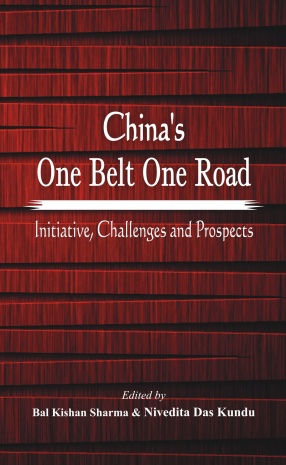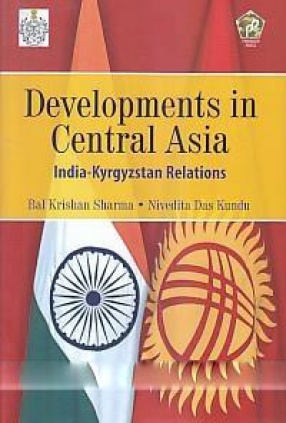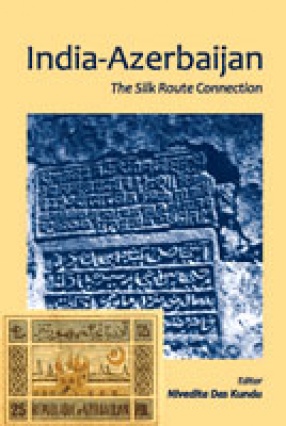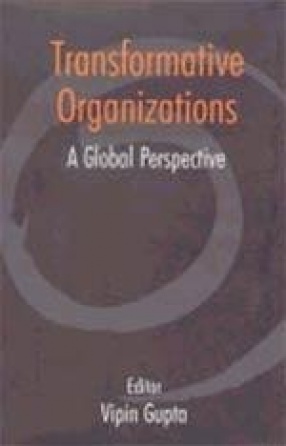The Chapters in this book written by Chinese and Indian academics and researchers from United Service Institution of India and Sichuan University, explaining the inter-disciplinary approaches and comparative perspectives, that may help to understand the essence and implication of China’s ‘One Belt One Road’, initiative by identifying the convergences of interest in terms of social and economic development, political and cultural exchanges and remove the potential hindrance. The Chapters explained the scope of the ‘One Belt One Road’ initiative as the mega development project and framework proposed by China, focussing on connectivity and cooperation amoung the regional countries, which till date received mixed reactions. There have been debates across the world regarding different facets of the OBOR initiative from whether it is an economic or strategic initiative or only a re-branding or a slogan for already existing ideas and projects.
The views and vision expressed by the authors on OBOR in this volume focused on OBOR’s economic approach and nature with parallel initiative to cultural aspects, along with the educational and health care sectors cooperation. The Chapters in this Book focussed on OBOR connectivity both on ‘Land’ and ‘Sea’ routes, as OBOR initiative has proposals to connect the Nations by road, rail, and sea. It is quite obvious that OBOR is an ambitious project aimed at spurring the growth of Chinese economy; however, it is natural that such a vast project and ambition needs to provide adequate security guarantees and confidence building measures.








There are no reviews yet.